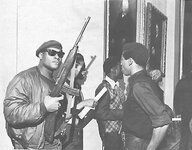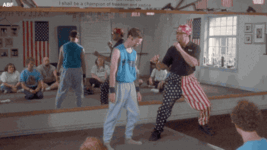Staff Member
Gold Lifetime
- Messages
- 21,834
- Reactions
- 63,216
The latest In Range TV Q&A was, candidly, pretty bad. There was, however, a good question asked: "What is your take on the role of weapons and firearms in the history of civil rights or what sorts of changes over time do you see in their use within the civil rights movements in your knowledge areas."
How would you have answered that?
How would you have answered that?


















